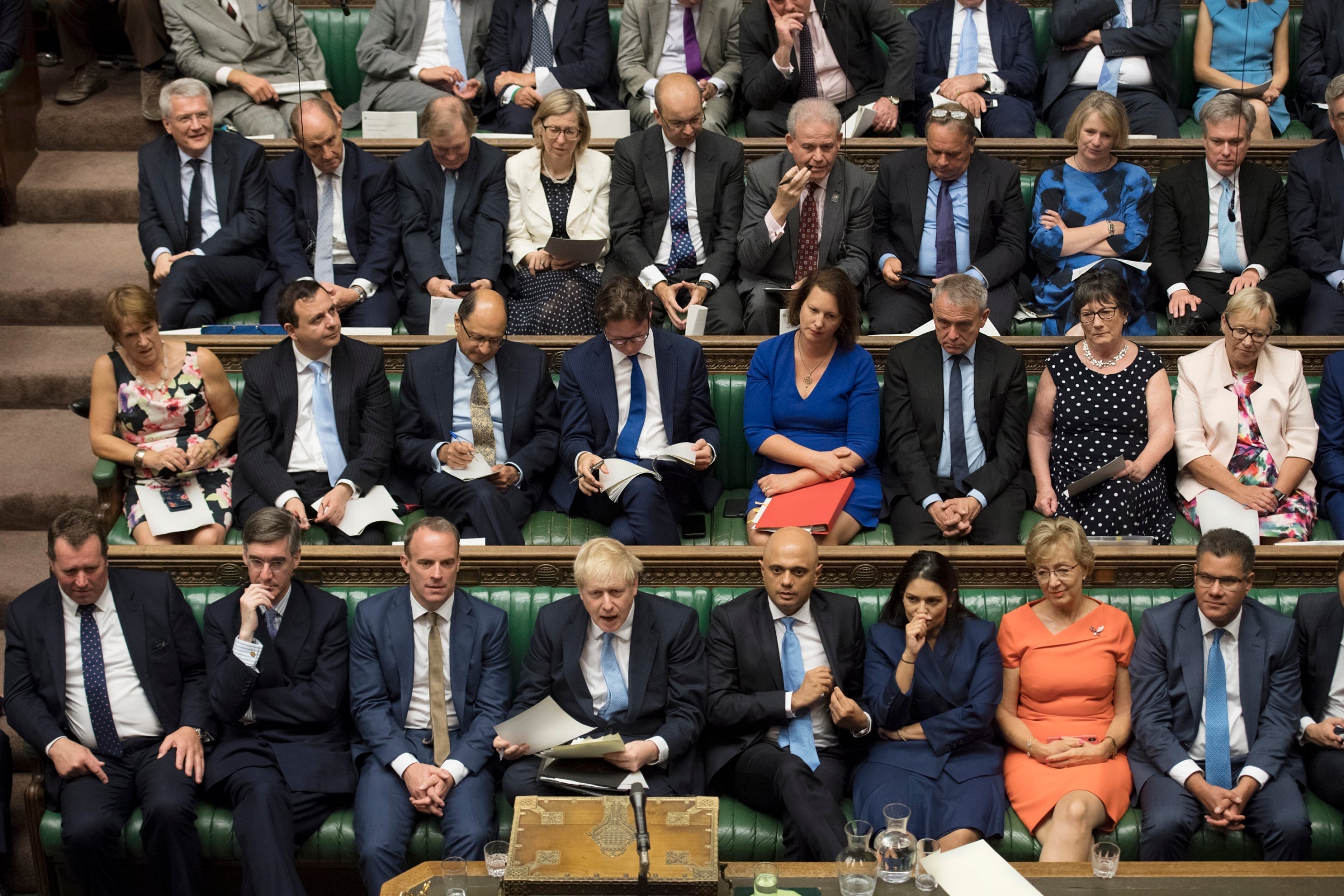What is happening in parliament this week as Brexit deadline looms?
The Brexit crisis is set to reach new heights as the rebel alliance seeks to block a no-deal outcome, writes Andrew Woodcock


In a fast-moving and unpredictable political environment, it is far from clear how the Brexit process will unfold in the coming days and weeks. But here is the rough timetable events which Westminster insiders are expecting:
Monday 2 September: Boris Johnson called an unexpected meeting of his cabinet to agree that any parliamentary motion which ties his hands in negotiations with Brussels should be regarded as an issue of confidence in his handling of Brexit talks. This makes it easier for any rebels to be stripped of the Tory whip and barred from standing for the party in an election, but also heightens speculation that a snap election may be on the way. Immediately after the meeting, Johnson was addressing Conservative MPs at a No 10 garden party.
Tuesday 3 September: The House of Commons returns after its long summer recess. Mr Johnson will make an oral statement on last month’s G7 summit in Biarritz. After he has finished, a “rebel alliance“ taking in Labour, Liberal Democrats and other opposition parties, as well as 20 or more Tories, are expected to seek an emergency debate. Crucially, they will also press speaker John Bercow to stretch parliamentary convention by allowing a substantive vote in the evening which could enable them to take control of the agenda on Wednesday. Any Tory MPs voting with the rebels can expect to be thrown out of the party.
Wednesday 4 September: Mr Johnson has summoned his cabinet to an early morning meeting in No 10 ahead of his first appearance at Prime Minister’s Questions at noon. If Tuesday’s motion succeeds, the rebel alliance will take control of the Commons agenda for the rest of the day, aiming to force through a bill requiring the prime minister to extend Brexit negotiations unless a deal is reached or parliament approves a no-deal withdrawal by 19 October. Differences on the length of the proposed extension are understood to have been bridged, with a new departure date of 31 January thought most likely. The debate will overshadow chancellor Sajid Javid’s statement on the year’s spending round, which may have to be delayed to another date.
Thursday 5 September: If the rebel bill clears the Commons, it will move to the Lords, where opponents of no deal hope to overcome any attempts at filibustering and have the legislation ready for royal assent early next week.
Friday 6 September: The Commons is not due to sit, but there is a possibility that MPs, concerned over Mr Johnson’s plan to suspend parliament for five weeks from early next week, could vote to sit on Friday and through the weekend to give themselves maximum time to block no deal.
At any point, Mr Johnson could upset the rebels’ plans by announcing his intention to call an early election. To do this, he would need to secure a two-thirds majority in the Commons, effectively making it dependent on the votes of Labour MPs. Labour has indicated that it will not seek to oust Mr Johnson through a vote of no confidence until the legislative route to blocking no deal has been tried.
Join our commenting forum
Join thought-provoking conversations, follow other Independent readers and see their replies
Comments